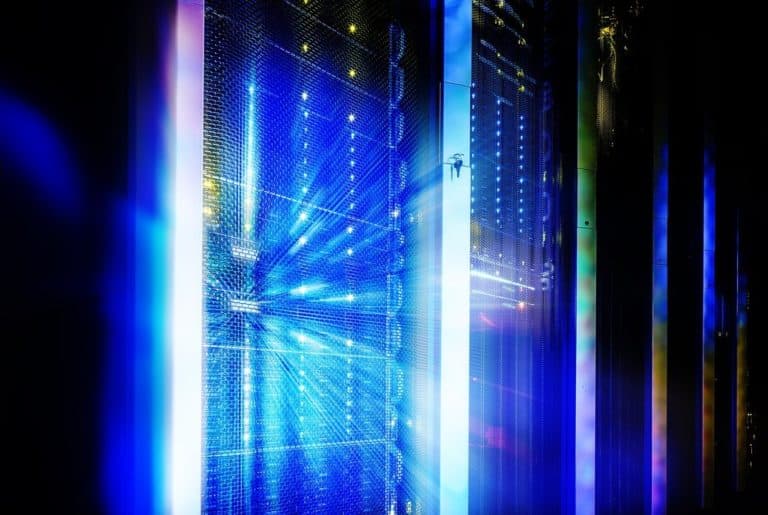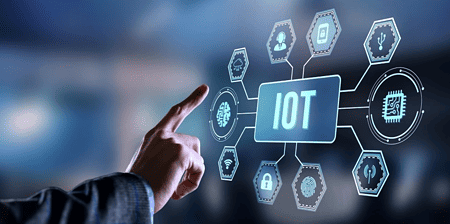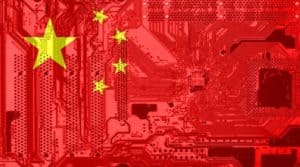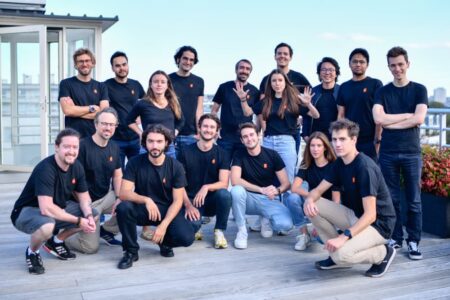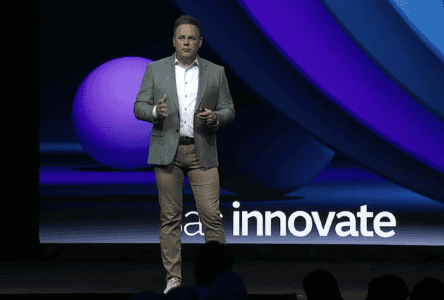To give AI startups in Europe a better chance, the European Union is making supercomputers available. However, AI startups must comply with the upcoming AI Act to use the devices.
European Union supercomputers will soon be deployable by a wider audience. Namely, startups can use the devices to train models that drive AI products or tools.
The supercomputers are spread across European countries and are often placed in service at research institutes. They total eight supercomputers, soon to be joined by the even more powerful supercomputers Jupiter in Germany and Jules Verne in France.
‘Responsible’
The use of supercomputers is allowed for “responsible” AI start-ups. A company meets the criteria if it adheres to the EU AI Pact. This is a precursor to final legislation to follow in 2025, as the AI Act is currently still in draft.
The conditions will be described in the “HPC access for AI startups” program, where HPC refers to high-performance computing supercomputers. Ursula von der Leyen, President of the European Commission, clarified Wednesday during the presentation of the program that the EU was relying on the existing EuroHPC Access Calls.
Read also: Lack of supercomputers postpones breakthroughs in medical world
Plea for global cooperation
The EU has been working for some time on rules to ensure AI products and tools are safe within the EU. However, Von der Leyen wants to expand the legislative field and encourages foreign authorities to work together: “We also need to join forces with our partners to provide a global approach to understanding the impact of AI in our societies. Consider the invaluable contribution of the IPCC on climate, a global panel that provides policymakers with the latest science. I believe we need a similar body for AI that deals with its risks and benefits to humanity. With scientists, tech companies and independent experts at the table.”
Also read: AI Act: legislation that plays catch-up with a new reality
